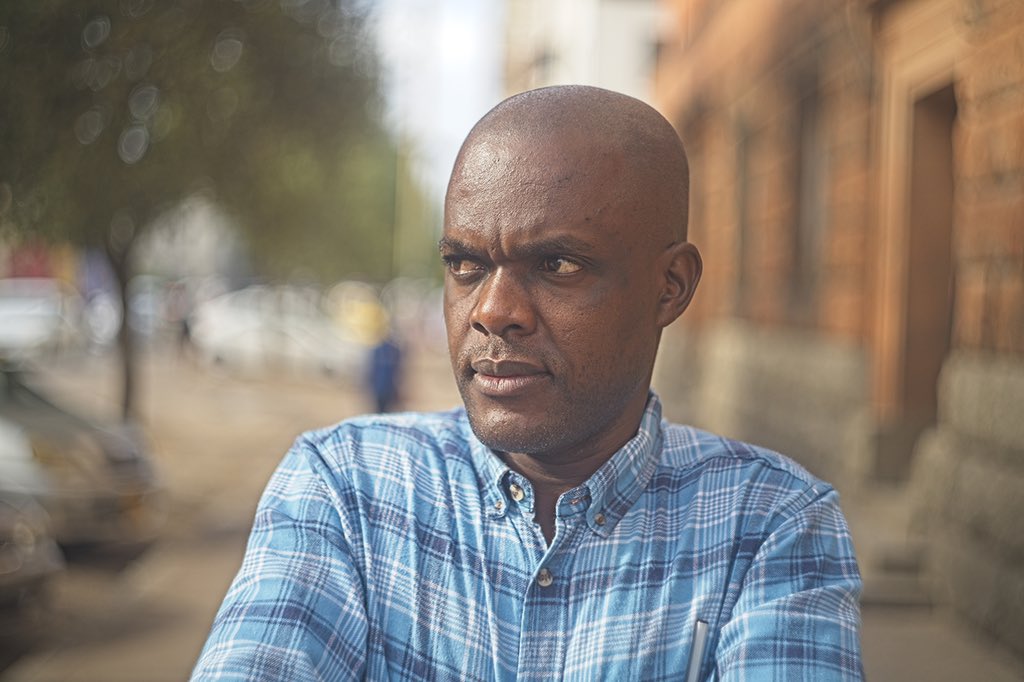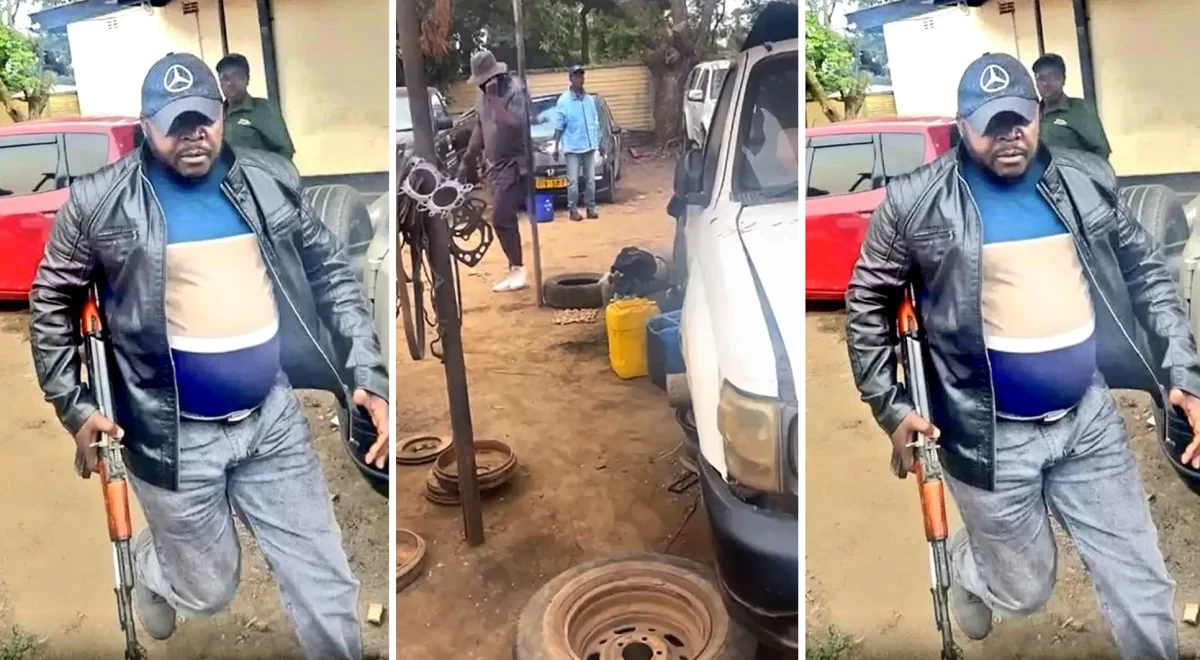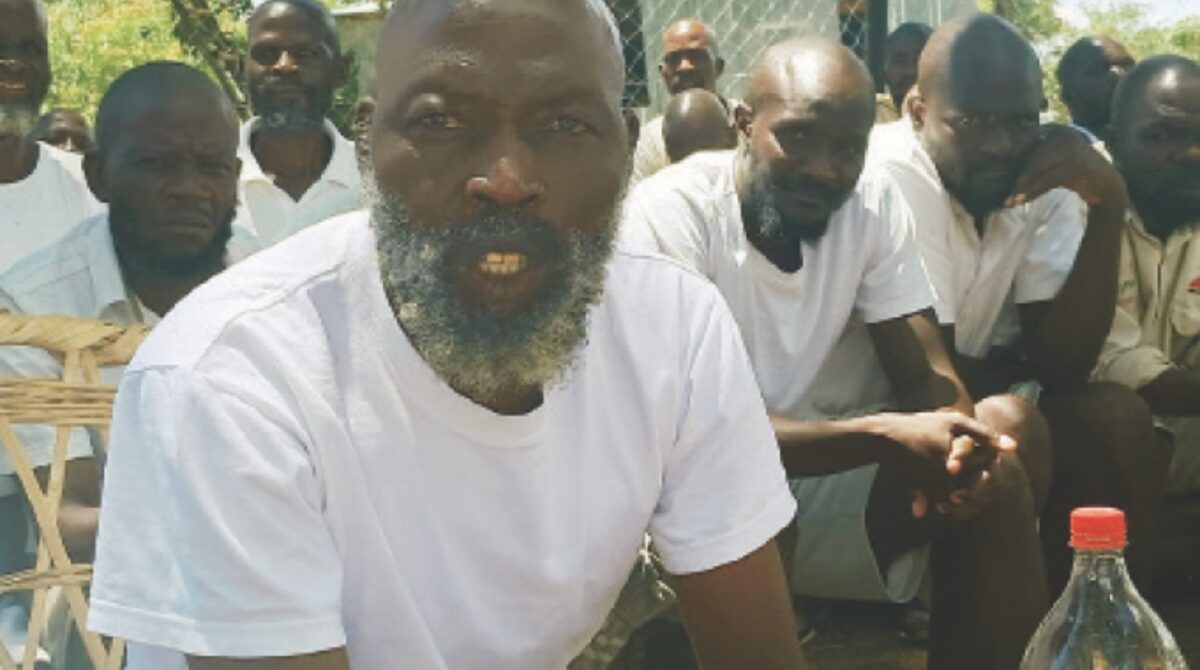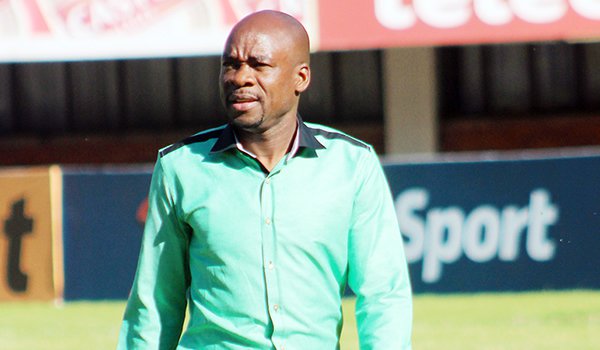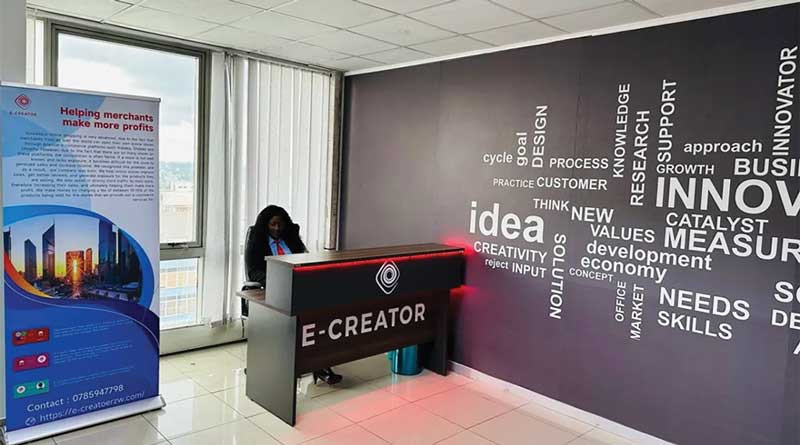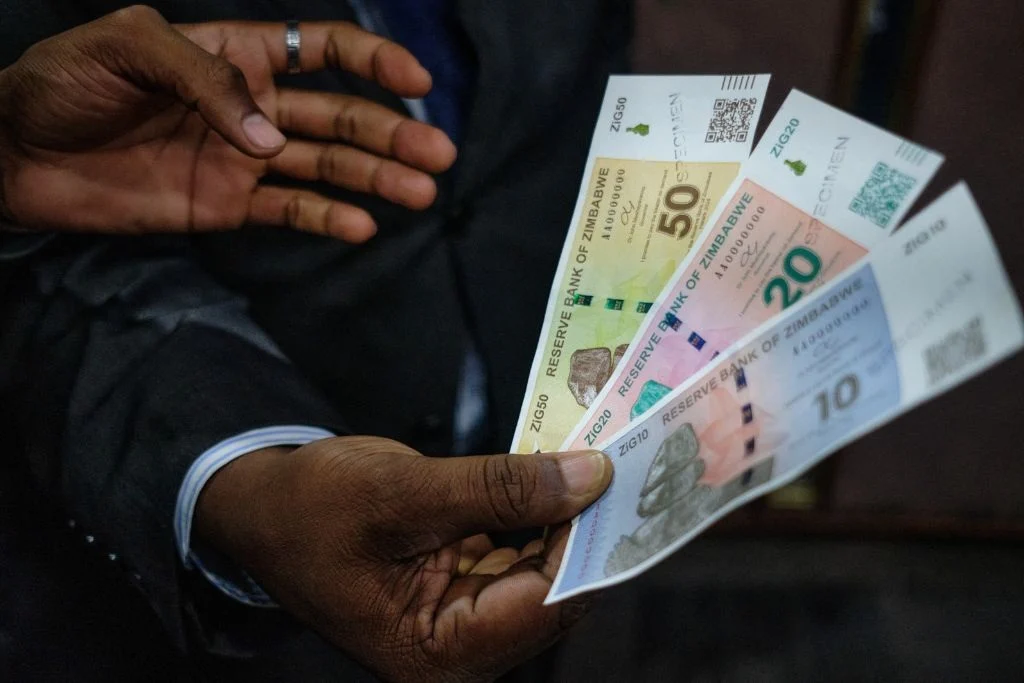BULAWAYO — New York Times correspondent Jeffrey Moyo was on Tuesday convicted on charges of breaching Zimbabwe’s immigration laws, a ruling media freedom groups described as a “travesty”.
Moyo has been accused of obtaining fake press credentials for two Times journalists who entered Zimbabwe last year on a reporting trip. Moyo’s lawyers said the charges were baseless, and even one lawyer for the government had acknowledged the case was dubious.
Bulawayo magistrate Mark Nzira fined Moyo Z$200,000, about US$615, and imposed a two-year suspended sentence that could be enforced if he is convicted of a similar offense in the next five years. His lawyers said they would appeal the verdict.
Speaking after the hearing, Moyo said he was dismayed at his conviction. “I only followed the lawful procedures in trying to get accreditation for my colleagues,” he said. “I’m innocent.”
But he added that he was “relieved not to be thrown in jail.”
Nzira said it was clear “from the evidence before the court” that Moyo, who sat with his head bowed during the hearing, had manufactured or “connived with someone to produce” fake press cards for the two Times journalists.
The magistrate repeatedly admonished Moyo for actions that he said “could have been done to let saboteurs into the country.”
But press freedom advocates said the verdict surprised them, even when taking into account the poor state of media freedoms in Zimbabwe, and that it appeared to be part of a wider assault on independent reporting under President Emmerson Mnangagwa.
The conviction is a “monumental travesty of justice” that shows “how far press freedom has deteriorated in Zimbabwe,” Angela Quintal, Africa coordinator for the Committee to Protect Journalists, a press advocacy group, said in a statement.
Mnangagwa came to power in 2017 amid high hopes after decades of hard-line rule under his predecessor, Robert Mugabe. But since he took office, the economy has crumbled, his government has failed to deliver promised reforms and he has quashed dissent.
Reporters have been arrested and hauled before the courts on spurious charges in cases that can drag on for months or years. Freedom House, a nonprofit based in Washington that measures the strength of political and civic rights around the world, downgraded Zimbabwe from “partly free” to “not free” in recent years.
Experts say that Mnangagwa and his ruling Zanu PF party are seeking to stifle critics in advance of elections scheduled for next year. In one recent incident, two journalists from NewsDay – Brilliant Mhlanga and Chengeto Chidi – were arrested as they covered the arrest of an opposition parliamentarian outside a polling station. One said he was assaulted by a police officer who crushed his phone. If convicted, they face up to a year in prison.
ZimLive editor Mduduzi Mathuthu was arrested and charged with “undermining the authority of the president” over a tweet which suggested a decree announced by Mnangagwa banning bank lending had no input from the finance minister and central bank governor. The decree was reversed within days.
The legal difficulties for Moyo, 37, who has worked for The Times and a number of other news organisations, started in May 2021 when he helped two Times journalists, Christina Goldbaum and João Silva, to enter Zimbabwe on a reporting visit.
Moyo obtained press cards for the journalists from the Zimbabwe Media Commission, the state regulator, which they used to obtain visas at Bulawayo airport on May 5. But three days later, an immigration officer cancelled those visas, claiming the accreditation was fraudulent. The police ordered Goldbaum and Silva to leave.
Two weeks later, Moyo was arrested on charges of helping the journalists to acquire fake documents. Thabang Manhika, the Media Commission official who provided them, was also arrested. The two men were tried separately.
Moyo was moved to a prison in Bulawayo where he was held in harsh conditions, stripped of most of his clothes and forced to sleep on a bare floor in a lice-infested cell. What followed was a Kafkaesque trial, replete with strange twists and contradictions.
A magistrate initially refused bail to Moyo, describing him as “a threat to national security.” Weeks later, the journalist was released on bail of about US$14 after a prosecutor conceded in a court filing that their case was “on shaky ground.”
A key prosecution witness claimed that important documents had been lost or stolen. He declined to answer questions from the defence, asserting that his hearing was impaired, drawing a rebuke from the presiding magistrate. “I know you can hear,” said the magistrate, Nzira.
In February, the prosecution abruptly ended its case without calling major witnesses, including the chief police investigator. Manhika, the Media Commission official accused of supplying the fake press cards, was acquitted in March. Still, the case against Moyo dragged on.
After the conviction on Tuesday, A.G. Sulzberger, publisher of The New York Times, said in a statement that The Times would work with Moyo’s attorneys to appeal the decision immediately.
“We are deeply troubled that Jeffrey Moyo, a respected Zimbabwean journalist, was convicted of a crime for his routine work on behalf of The New York Times,” he said. “Based on the lack of evidence in this case, we believe clearly it was brought to interfere with our reporting.”
It was, he added, “yet another example of the increasing challenges that journalists are facing around the globe for the role they play in ensuring a free and informed society.”
While the trial produced no evidence of wrongdoing by Moyo, who did not testify, it painted a picture of turf battles between the Zimbabwe Media Commission and the ministry of information.
Mnangagwa promised a “new Zimbabwe” when he came to power after the coup that ousted Mugabe. Promising a break from years of crushing authoritarian rule and spiralling economic decline, he vowed to create jobs, introduce democratic reforms and reverse the government’s dismal human rights record.
Five years on, many Zimbabweans say the situation has only gotten worse. Millions are unemployed, inflation is running at 132 percent, and the currency is collapsing. Fuel stations and some shops demand payment in United States dollars. Experts fear a return to the hyperinflation that ravaged Zimbabwe in the late 2000s.
A hunger crisis driven by high food and fuel prices, and compounded by the effects of Covid-19 lockdowns and Russia’s war in Ukraine, has left nearly three million Zimbabweans in rural areas without enough to eat, according to the World Food Programme.
Mnangagwa has responded by cracking down on his critics.
At the start of the pandemic in 2020, the government used Covid restrictions to justify stepping up harassment, assaults and detentions. The novelist Tsitsi Dangarembga was arrested during an anti-government protest and an investigative journalist, Hopewell Chin’ono, was prosecuted on charges related to his social media activity.
Chin’ono was later cleared on two of the charges against him, and the number of attacks against reporters fell last year, said Quintal, the press freedom advocate.
